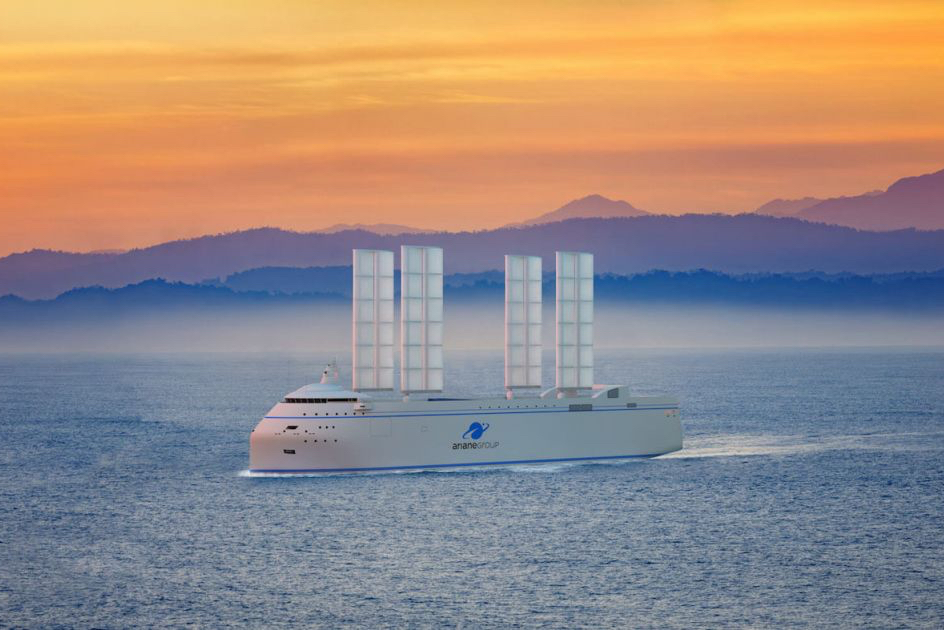Seven international shipowner associations have asked the International Maritime Organization (IMO) to form the world’s first collaborative shipping R&D programme that is to eliminate CO2 emissions. The proposal aks funding from shipping companies across the world in the form of a fuel tax of about five billion US dollars over a ten-year period.
Together, the shipowner associations (BIMCO, CLIA, ICS, Intercargo, Interferry, Intertanko, IPTA, and WSC) represent over ninety per cent of the world merchant fleet. Given that world shipping accounts for over two per cent of global emissions this is a major move from the sector. The announcement comes after widespread condemnation of any tangible action following COP.
‘The coalition of industry associations behind this proposal are showing true leadership,’ says Esben Poulsson, Chairman International Chamber of Shipping (ICS). ‘The shipping industry must reduce its CO2 emissions to meet the ambitious challenge that the IMO has set. Innovation is therefore vital if we are to develop the technologies that will power the fourth Propulsion Revolution. This proposal is simple, accountable and deliverable and we hope governments will support this bold move.’
Decide Our Own Future
‘We must not leave it to others to carry the burden of addressing the climate crisis,’ adds Guy Platten, Secretary General International Chamber of Shipping. ‘Nor will we ask others to decide the future of maritime. We embrace our responsibility, and we ask the world’s governments to support our efforts.’
Highlights of the proposal:
- A new non-governmental Research & Development organisation to pave the way for decarbonisation of shipping.
- Core funding from shipping companies across the world of about five billion US dollars over a ten-year period.
- To accelerate the development of commercially viable zero carbon-emission ships by the early 2030s.

Small experimental hydrogen ship (by CMB Group).
Two Dollars Per Tonne of Fuel Used
‘Even using conservative estimates for trade growth, a fifty per cent total cut in CO2 by 2050 can only be achieved by improving carbon efficiency of the world fleet by around ninety per cent,’ stresses Simon Bennett, Deputy Secretary General International Chamber of Shipping. This will only be possible if a large proportion of the fleet is using commercially viable zero-carbon fuels. In practice, if the fifty per cent target is achieved, with a large proportion of the fleet using zero-carbon fuels by 2050, the entire world fleet would also be using these fuels very shortly after, making one hundred per cent decarbonisation possible – which is the industry’s goal.
‘Two dollars a tonne will generate about five billion dollars over a ten year period – based on total fuel consumption by the world fleet of about 250 million tonnes per year – which we believe should be sufficient to accelerate the intensive R&D effort we need to fully decarbonise our sector within the ambitious timeline agreed by IMO.’
Picture (top): Potential large oceangoing zero-carbon ship of the future (by French Shipowners’ Association).








